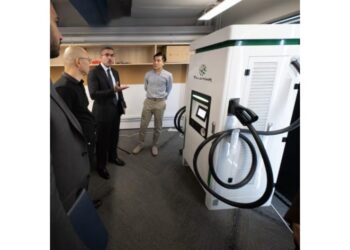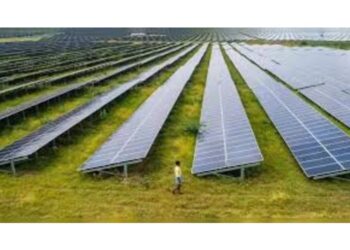The Delhi Electricity Regulatory Commission (DERC) has announced the Draft Delhi Electricity Regulatory Commission (Terms and Conditions for Green Energy Open Access) Regulations, 2024. These regulations are designed to ensure non-discriminatory green energy open access (GEOA) through the intra-state transmission systems (InSTS) and the distribution networks of state licensees, including those related to inter-state electricity transmission. The draft specifies the method for calculating open access charges and banking charges for green energy consumers.
To be eligible, consumers must have a contracted demand or sanctioned load of minimum 100 kW. There are no capacity limitations for establishing renewable energy projects for captive use. The regulations mandate that consumers install suitable energy meters for energy accounting and ensure they have no outstanding dues with the relevant licensees.
The duration of the consumer’s usage of the InSTS and/or distribution system determines the category of consumers requesting open access. This includes (long-term – between 7 years and 25 years, medium-term – between three months to five years, short-term – for a month). Long-term access will be provided based on the transmission planning criteria and distribution planning code specified in the state grid code. While, requests for short- and medium-term access shall be granted if they can be met by making use of power flow variations, spare transmission and distribution system capacity, and inherent design margins intended for future load expansion.
Installing ABT-compliant meters at both the generator and consumer ends is required for customers requesting open access for 1 MW and higher. Those with demands below 1 MW are required to use special energy meters that can record energy in 15-minute time block.
With respect to banking, GEOA customers can bank minimum 30 per cent of their entire consumption of power during the billing period. Banking charges will be set at 8 per cent of the banked energy, deducted in kind. The energy banking will be allowed on a 15-minute time-block basis duration will span one month, after which any remaining unused energy will lapse. However, the renewable energy generating station will still be eligible to receive renewable energy certificates for this unused energy.
Additional charges encompass transmission and wheeling fees, cross-subsidy surcharges, additional surcharges, standby charges, and fees related to scheduling, deviation settlement, and meter reading. To ensure the payment of these charges, payment security mechanisms such as letters of credit or bank guarantees must be established.













